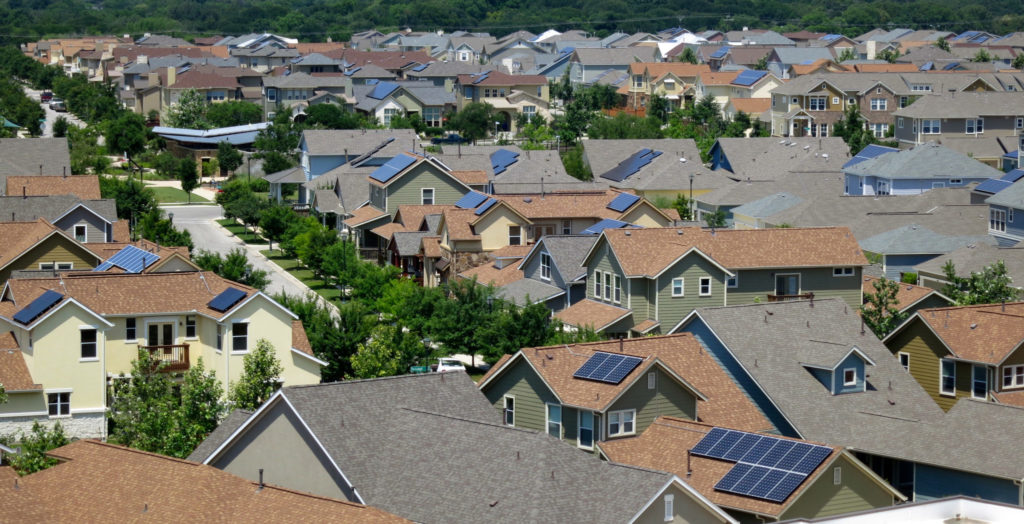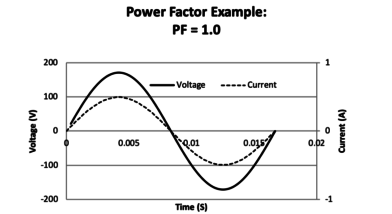
Electrification

How is an Electric Grid Like an Octopus?
By Suzanne Russo, CEO, Pecan Street – We know that achieving the kind of emission reductions we’ll need to ward off the worst consequences of climate change will require a more flexible, responsive and sophisticated grid. And that will take new thinking. But when it comes to rethinking our grid, we may have some guidance from natural systems that were designed long before the first watt ever powered a lightbulb.

Pecan Street PLATFORM Participant SAYA Lands New Customer
By Bart Bohn, startup advisor, Pecan Street Congratulations to SAYA, a provider of a smart water meter for residential and commercial buildings, on the recent announcement of securing installations in 500 homes in The Heights community in Chino, California.

Pecan Street at 10: A Decade of Energy Innovation and Invention
By Colin Rowan, director of communication, Pecan Street – 2019 marks Pecan Street’s 10-year anniversary, and we’re thrilled to report that it’s been an incredible decade of innovation, invention, insight, and progress. Over the next few weeks, we’ll be sharing what we think all of our individual accomplishments add up to — Pecan Street’s 10-Year Top 10.

Power factor – a little known feature of a reliable grid
By Scott Hinson, chief technology officer, Pecan Street Power factor is a measurement distribution engineers use to figure out how difficult it is to provide power to whatever we plug in. Every device that pulls electricity from the grid, from a small phone charger to large industrial loads, has a power factor that can be measured. Exactly what is power factor (or PF)? The easiest way to understand it is to see it.





